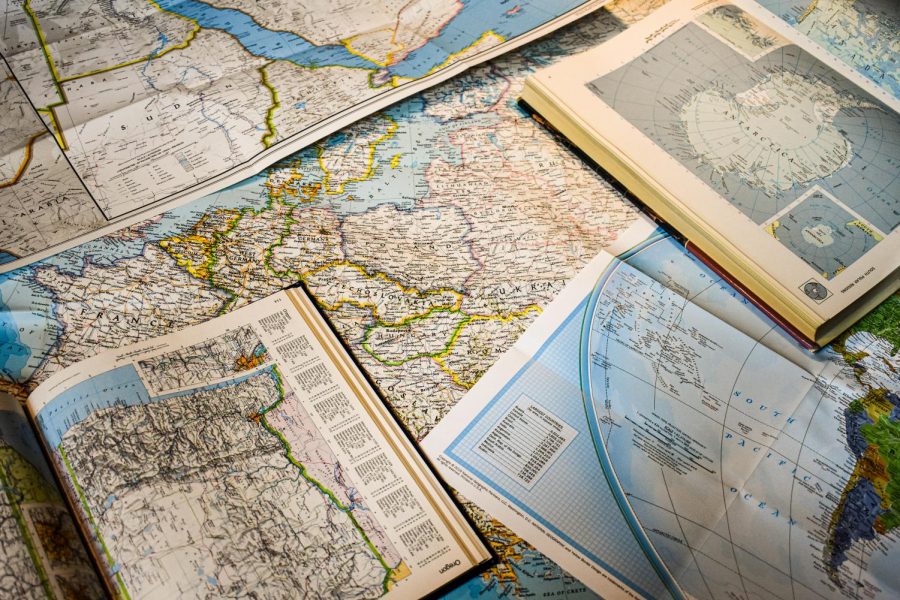Geography Is the Map to a Culturally and Environmentally Aware Generation
Geography needs to be a required class instituted in the American public school curriculum.
November 3, 2021
After being born in Oregon, then raised in Europe, I moved back to my birthplace at age 12 and made a pact with myself to tell no one where I was moving from, for fear of drawing unnecessary attention. Alas, after a tough 30 seconds of interrogation by a fellow student before my first day of 7th grade even began, the promise I made to myself went out the window, and I confessed that I had moved from Belgium.
Instead of being met with interest from my peers, I was met with the response, “Oh ew, I hate South Dakota.”
South Dakota?
Unfortunately, this interaction was not one of its kind.
“Do you have seasons in Belgium? What about WiFi?”
“If you’re from Belgium, why are you white?”
“Oh my gosh, I can’t imagine living in huts! You’re so brave.”
Over the next years of middle school, I became increasingly aware of these students’ lack of knowledge of places beyond the United States, and it became glaringly obvious that they have never had to sit down in a hot classroom on a Friday morning as I did and study the world map.
Geography was a key part of my early education. I cannot imagine elementary school without also thinking back to racing against my peers to fill in the blank world map provided to us by our teacher.
An experiment conducted by the Council on Foreign Relations and The National Geographic Society gave 2,000 U.S. adults a survey “which tested knowledge about geography, foreign policy, and world demographics.” They found that only 6 percent of participants scored 80 percent or higher.
This is frightening.
The education surrounding geographical knowledge provided to American youth is insufficient, and it is not fair. We are putting our youth at a disadvantage by not giving them the opportunity to learn about life beyond our borders.
Geography goes deeper than knowing where countries are located.
It is about acknowledging and understanding different cultures, knowing the details of how our planet works, and learning about how our actions affect our planet. It is the skillful combination of science and social studies. It is knowing how human activity affects the Earth and how a healthy ecosystem aids human progress.
Geography increases our social awareness and encourages us to think beyond ourselves. A prioritization of geography has the potential to raise a more environmentally and culturally aware generation.
By implementing geography into required learning, U.S. citizens have the potential to become more agreeable global citizens, allowing space for a more unified world.
The key to unity is understanding.
Through the education that comes from geography class, we as a nation can grow a greater understanding of the rest of the world, thus allowing us to value and appreciate the complexities of how our world works.
However, it is still possible to master geography without ever being exposed to it as a child.
My favorite way to brush up on my geography skills is to play the online game “Countries of the World Map Quiz” by quiz site Sporcle.
Geography does not have to be boring — it can be engaging, immersing, and eye-opening, but only if schools are willing to invest in this possibility. Teaching geography and encouraging one’s students to become genuinely curious in life beyond their bubble is vital in the succession of a culturally diverse and aware generation.





